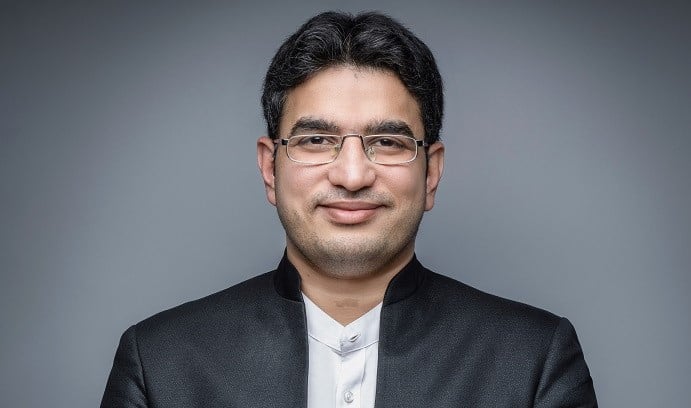“We know our economic position during the next decade… the world makes way for those who know what they want.” His Highness Sheikh Mohammed Bin Rashid Al Maktoum
Dubai created history with the announcement of Dubai’s D33 agenda focused on increasing the size of the economy to 32 trillion AED ($8.72 trillion) by 2033. The government-led program is aimed at driving innovation and future-proofing the city.
Aiming to position Dubai as a global hub, the initiative is focused on identifying and implementing disruptive technologies and innovative solutions to address key challenges in various sectors, including healthcare, transportation, and education. As part of the economic agenda, Dubai envisages 100 future transformational projects within 10 years to double the size of the economy.
The initiative also encourages collaboration between public and private sectors, as well as international partnerships. It is a forward-thinking approach to ensuring Dubai’s continued success as a modern and innovative city. D33 also envisages the creation of 30 unicorns to achieve the economic target. Foreign trade, Foreign direct investment (FDI), Government expenditures, Private sector investment, and the value of domestic demand for goods and services have been identified as key pillars for achieving this ambitious objective.
Read: Mohammed bin Rashid launches Dubai Economic Agenda ‘D33’
Being one of the leading centers of trade, finance, and tourism, Dubai offers the right portfolio of 3M (Manpower, Money, and Machinery) to metamorphose as one of the top three economic destinations of the world.
To dwell further, it is pertinent to construct the components making the gross domestic product and D33 economic agenda rightly give thrust to each of the constituents, namely consumption, government expenditures investment, and net exports or trade. The financial infrastructure led by banks, financial institutions, and stock markets is well dispensed to lend a significant role in the realization of the economic agenda.
Consumption
The success of SMEs remains at the fulcrum of Dubai’s economic agenda lending a significant role in boosting consumption. In addition to the existing schemes of financial support directed at SMEs, Dubai is ideally well-positioned to further liberalize the banking regime by setting up Small-Finance Banks (SFBs) to cater exclusively to the needs of SMEs. As deposit-taking institutions, SFBs could ideally provide capital at competitive rates while providing technical and managerial support through a participatory model.
Government expenditures
Taking the form of capital expenditures, they help in creating long-term assets in the economy giving a fillip to the growth momentum. Over the past year, IPO successes evident in DEWA and SALIK bear testament to the robust revenue model of essential government services. Innovative schemes aimed at encouraging citizens and residents to add shares of government-owned entities have the potential to unleash paradigm shifts from passive consumers to shareholders. From paying a service fee to receiving dividends from the same entity, the behavioral transition has the potential to trigger multiplier effects on the wider economy.
Investment
In order to augment financial resources internally at a lower cost, Dubai could issue D33 Bonds with varying maturity periods and redemption amounts by tapping into the savings pool locally. With competitive interest rates and an opportunity to receive these payments periodically, investors will have a direct and tangible interest in the successful execution of large-scale infrastructure projects. Selected banks domiciled in Dubai could act as lead managers in managing the entire issue.
Trade
Doubling the trade from AED 14 trillion to 26 trillion remains key to the D33 agenda. To achieve this goal, catering to the financing needs of the sector assumes significance. Specialist bank(s) – carved out as a strategic subsidiary from an existing commercial bank(s) – catering exclusively to the trade sector on the back of innovative products and services harnessing the power of technology could provide the necessary thrust towards this goal.
Specialist Stock Exchange
Dubai could play a pioneering role in establishing a specialized stock exchange catering to the risk capital requirements of early-stage ventures. Mitigating the problem of illiquidity (in the absence of trading), domestic and foreign institutions could lend risk capital to ‘future unicorns’ through primary offering. The additional layer of security offered in the form of regulatory oversight mitigates many risks posed to privately held early-stage ventures with marked increases in the cost of capital.
The success of D33 is inevitably linked to the success of the UAE and the wider region. The realization of the economic agenda is bound to have positive spill-over effects inscribing Dubai’s unrivaled position as one of the dynamic centers of trade, finance, and tourism.
For more on the Dubai economy, click here








